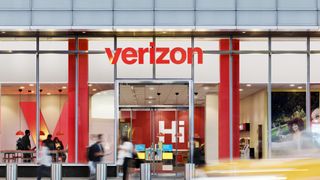Network Carriers
Latest about Network Carriers

The best prepaid phone plans in 2026
By Philip Michaels last updated
The best prepaid phone plans can save you money on your monthly cell phone bill. Here are the best options we found from a variety of carriers.

Best unlimited data plans in 2026
By Philip Michaels last updated
Lots of wireless carriers promise limitless data, but only one can have the best unlimited data plan. Here’s the plan you should sign up for to save money.

The best cheap cell phone plans 2026
By Philip Michaels last updated
Want to keep your monthly wireless bill under $40? We've found the best cheap cell phone plans from several different carriers that help you save.

Best cell phone plans in 2026: the best options for your monthly phone service
By Philip Michaels last updated
Looking for the best cell phone plan for your needs? We’ve rounded up the best choices for family plans, unlimited data and low-cost plans from prepaid carriers.
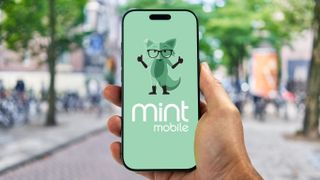
I switched to Mint Mobile for 3 months — here's my pros and cons
By Philip Michaels published
Mint Mobile delivers wireless coverage for less. But how is the carrier's network performance? To find out, I took Mint out for a test drive.
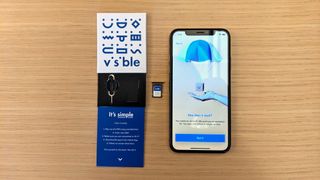
Best Visible deals in January 2026
By Louis Ramirez last updated
The latest Visible deals get you unlimited 5G data for as little $20 per month. Here's how to get them.
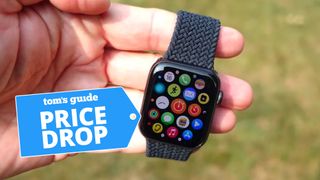
Win! Get a free Apple Watch SE with your iPhone purchase at Visible
By Louis Ramirez published
Verizon-owned Visible is offering a free Apple Watch SE with the purchase of any iPhone. Here's how to get Apple's budget watch for free right now.
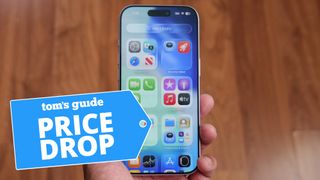
Win! T-Mobile’s offering 4 lines for just $25/month per line
By Louis Ramirez published
T-Mobile's holiday deal gets you four iPhone 17 smartphones for free. Plus, you'll pay just $25/month per line. Here's how to get this epic deal.
Here at Tom’s Guide our expert editors are committed to bringing you the best news, reviews and guides to help you stay informed and ahead of the curve!
